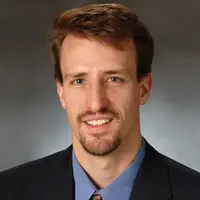Climate Solutions: Modeling Impacts of Land Conversion
Date
How decision makers can better understand the impacts of policies affecting land conversion on ecosystem services and greenhouse gas emissions
Decision makers need to better understand the effects of programs and policies impacting land cover and land use on associated environmental, economic, and social outcomes to improve assessment of the costs and benefits of alternative policies. These effects vary depending on which land is converted. However, there are currently few tools available to assess implications of land conversion at a sufficiently spatially disaggregated level to capture varying impacts on ecosystem services across the landscape.
In this webinar, our panel will discuss the value of spatially disaggregated assessment of land conversion, see how you can use tools like RTI EcoShift for modeling land use change, and the importance of estimating and predicting change to inform policies. We will highlight the new RTI EcoShift model, a flexible framework enabling evaluation of the relative likelihood of land conversion at high spatial resolution using machine learning. This framework can be used to downscale the results of large-scale economic models of land use, which tend to operate at very aggregate levels (e.g., state, province, region, nation). Attendees will learn how we utilized projections of changes in land cover and land use under an expanded bioenergy production scenario to downscale projections of land cover change based on the estimated relative likelihood of conversion between land cover classes. See how overlaying spatial data on critical habitats, biodiversity, carbon sequestration, and other measures of interest help to assess impacts of land conversion to cropland at a spatially disaggregated level.
Fill out the form below to watch the recording
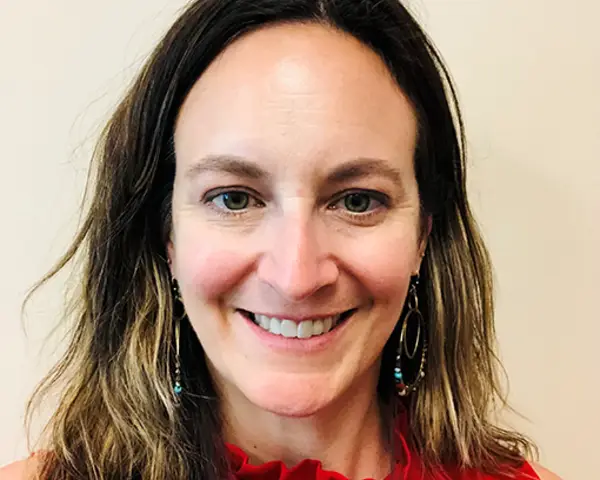
Moderator: Amy Volckens, Climate Strategic Account Executive, RTI International
Amy Volckens is a Strategic Account Executive for Federal Climate Research at RTI where she develops client-centric account strategies to map customer priorities to RTI’s research capabilities. Amy leverages a deep knowledge of climate research and understands where RTI’s scientific, research, policy capabilities can add value and improve the human condition. She manages customer relationships to center client needs and feedback, and she facilitates multidisciplinary collaborations to provide full-service climate solutions for federal customers.
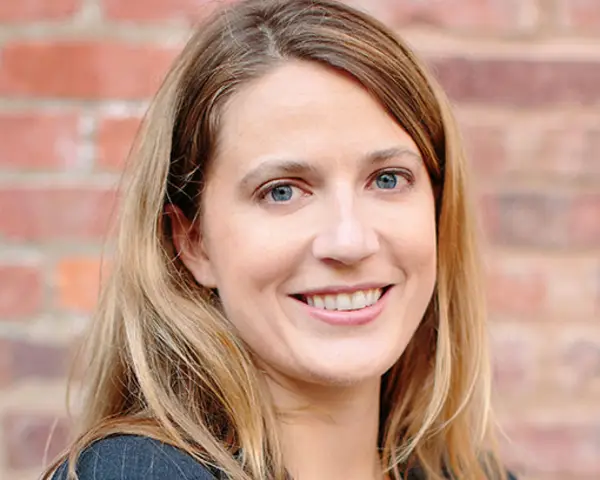
Kemen Austin, Director of Science, Forest and Climate Program, Wildlife Conservation Society
Dr. Kemen Austin is an environmental scientist and the Director of Science for the Forest and Climate Program at the Wildlife Conservation Society, where she manages a research portfolio aimed at delivering nature-based climate mitigation solutions. This portfolio includes producing science to inform public policies, influence corporate sustainability commitments, and drive climate finance towards the protection, improved management, and restoration of forests and peatlands around the world.
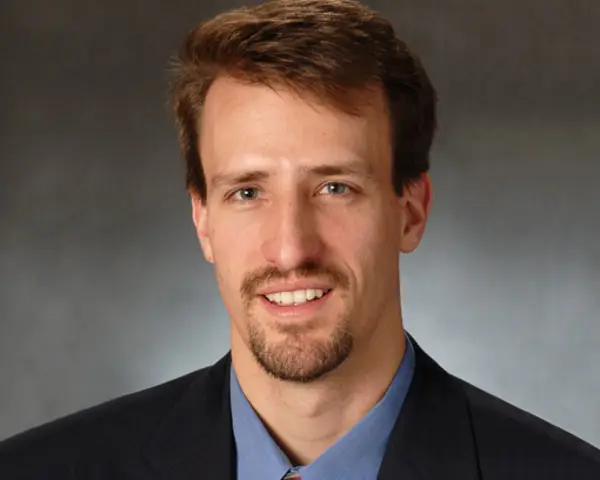
Robert Beach, Fellow, Agricultural, Resource & Energy Economics and Policy Program, RTI International
Dr. Robert Beach is an economist and a Fellow in RTI’s Agricultural, Resource, and Energy Economics and Policy program. Robert specializes in the development and application of economic models to analyze agricultural, environmental, energy, transportation, and natural resource regulations, programs, and policies. Related to the topic of land use, Robert studies how agriculture practices, such as large-scale bioenergy production, and forestry changes, such as deforestation, affect greenhouse gas emissions and the economy.
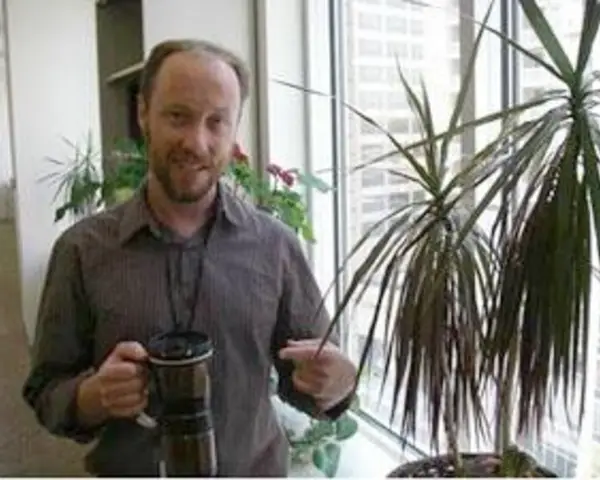
Christopher Clark, Senior Research Scientist, Integrated Climate Sciences Division, U.S. Environmental Protection Agency
Dr. Chris Clark is a Senior Scientist at the US Environmental Protection Agency. He works on a range of issues related to land use change, impacts from climate and air pollution, urban resilience, biodiversity, and biofuels. Chris is an expert on biogeochemical cycling (such as the carbon and nitrogen cycles), and how plant communities are impacted by shifting climate patterns, air pollution, and changes to biogeochemical cycles.
